Tom Griffiths
Tom Griffiths. Thank you for taking part in this interview.
Your book, The Art of Time Travel, eloquently addresses the question that History is inescapable. Am I correct in suggesting that far from being a ‘dead’ subject, you argue that the study of history connects events and people through time and encourages students and readers to take a long view?
Yes, I find the writing of history to be a great adventure! And I want to share that sense of excitement with my readers. I think doing history is like time travel because you have to leave the present behind for a while and then hope to return to it. So it is a bit of a gamble and a little perilous. You are forsaking the present for a period and giving yourself over to another world. History is certainly not a ‘dead’ subject for it is only brought about by this dialogue between past and present, by active inquiry, and by an energetic and questing engagement with another time. How else are we going to get a perspective on our own predicament? Since we can’t escape the past, we might as well wrestle with it intelligently.
You introduce the book by narrating an experience in France where the everyday person in the street seems to have a solid knowledge, not only of their own history, but also a willingness to critically engage with writers on history. How can the academic historian be seen to be more central to everyday conversation today, in Australia?
I begin my book with that story of a conversation with fellow walkers in remote France because I love the enthusiasm with which they questioned me about the craft of history. They simply assumed its importance and were eager to know who were my favourite French historians. Actually I’m pleased to say that I’ve had similar incidental conversations with strangers in Australia, one just a few weeks ago in the Queensland bush. There is quite a hunger for history in this country, for big ideas and for making sense of things over time. All academic historians have to do is take that public interest seriously and engage with it – and many of us do. I think we are lucky to have so many historians in Australia today who are fine writers as well as great scholars, and my book celebrates a number of them. History is so important, so ubiquitous, so integrated with our public and personal lives – with the very substance and art of living – that it is possible to take it for granted and to overlook its power.
Research strongly suggests that a deep understanding of different perspectives helps us to work more effectively in an increasingly complex world. However the study of history and other ‘non essentials’, such as art music, are rapidly becoming optional extras in school curricula. What implications does this current approach to curriculum have for our children’s ability to cope in an increasingly complex world?
Children love history the moment they understand that it is all about telling true stories. Then it is natural to ask: ‘how do we know it is true?’ A brilliant question! We are foolish to regard the humanities as optional extras in school because they are the fabric of our society and the source of our compassion and understanding. And you’re right that history is all about complexity. That is one of its virtues; it tries to resist simplifying experience and instead aims to represent life in all its richness and contradictions. That’s why story is important – because it can carry complexity in a memorable way.
Far from an activity that takes place in musty libraries this book portrays history as an energetic, even dangerous, act of immersion. Is that how you view and study history?
Yes, beautifully put! I think we should introduce that edge of danger into our narratives. Historians scour their own societies for vestiges of past worlds, for cracks and fissures in the pavement of the present, and for the shimmers and hauntings of history in everyday action. We are sensitised to the uncanny, and strain to hear the voices of the marginalised and oppressed. Doing history can make the hair stand up on the back of your neck.
In several places in the book you reveal how knowledge of history has influenced fiction writers, such as Kate Grenville, and her novels about her forebears, or Judith Wright, who wrote profoundly disturbing poems about this country’s past. In what ways is history essential to fiction writing?
I am often struck by how much historians and novelists share as writers and I’ve learned a great deal from conversations with novelists such as Marion Halligan, Delia Falconer and Alex Miller. History and fiction are an intriguing literary tag-team, often working in tandem and taking turns to lead us into new territory in public debates, which is what I think Judith Wright and Kate Grenville did on vital issues. History doesn’t own truth, and fiction doesn’t own imagination, but sometimes the differences between history and fiction are very important indeed. Occasionally, however, it is hard to draw the line. Recently I read Marguerite Yourcenar’s scholarly ‘novel’ Memoirs of Hadrian about the Roman emperor. It is wonderful! Read it and ask yourself if it is a work of history or fiction.
You begin chapter one by discussing influences on the work of the writer, Eleanor Dark, and towards the end you challenge “The Timeless Land” with the idea of “Deep Time”. Can you say more about that?
One of the themes of the book is the startling discovery, in the second half of the twentieth century, of Australia’s deep human history. It is one of the great intellectual revolutions and it has transformed not just Australian history but the global human story. So the book begins in the 1930s with Eleanor Dark finding a cave near her home in the Blue Mountains and imagining what an Aboriginal perspective of the British invasion would have looked like, and it finishes with archaeologist Mike Smith (‘Dr Deep Time’) working in central Australia with Aboriginal owners at Puritjarra, a cave with tens of thousands of years of settlement history. The book thus journeys to the heart of the continent and turns Australian history inside out.
This is a beautifully written book; a joy to read. The art of narrative seems to be at the core of writing the kind of history that you can’t put down. For you, what came first, writing stories or research, or did those skills emerge together?
I always wanted to write, but it was the rigorous discipline of investigating the true past that captivated my imagination. So for me, writing and research have grown together, and they feed off one another. I always tell my students that you can’t start writing too soon! The act of writing sends you back into the archive with new and urgent questions. And a day among the sources, immersing yourself in the evidence, makes you impatient to write. Keep a journal by your side, trust your intuition, and consider yourself an anthropologist of the past. You want to know everything. It really is exciting, and I feel lucky to be a historian.
Thank you, Tom. I am really looking forward to hearing you speak at the St Albans Writers’ Festival.


